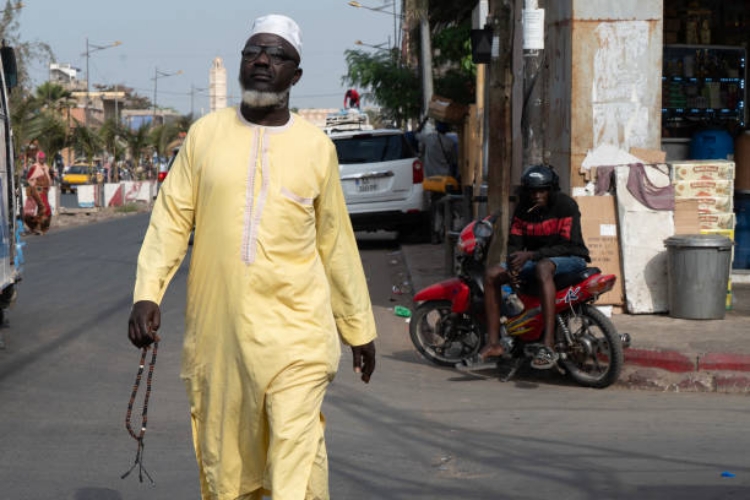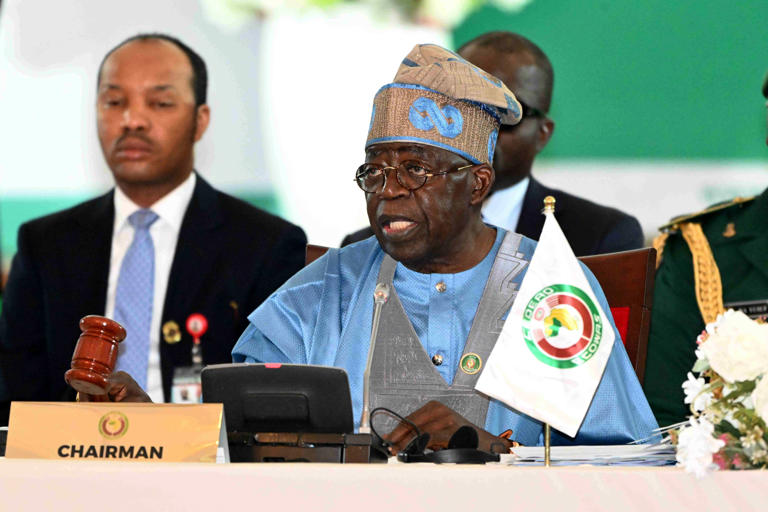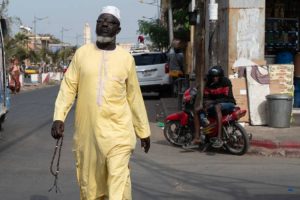Gambiaj.com – (ABUJA, Nigeria) — In a significant political development, Nigerian President Bola Tinubu has been re-elected as the chairman of the Economic Community of West African States (ECOWAS). This re-election comes as Tinubu’s tenure as Nigeria’s president approaches its conclusion, marking nearly a year since he first assumed the leadership of the regional bloc.
The re-election took place during the 65th Ordinary Session of the ECOWAS Authority of Heads of State and Government, held at the Presidential Villa in Abuja on Sunday. The session saw the gathering of prominent West African leaders, including President Adama Barrow of The Gambia, President Nana Akufo-Addo of Ghana, President Umaro Sissoco Embaló of Guinea-Bissau, President Maada Bio of Sierra Leone, Vice President Tiemoko Meyliet Koné of Ivory Coast, President Joseph Boakai of Liberia, and President Bassirou Diomaye Faye of Senegal. Also present was the President of the ECOWAS Commission, Omar Touray.
In his acceptance speech, President Tinubu expressed his gratitude and commitment to the role, stating, “I have accepted to continue to deliver on this service with the great men and women on this democratic journey, to serve our interest and build democratic values on the structure we inherited.”
Tinubu’s re-election underscores his influence and the confidence placed in him by his West African counterparts to navigate the regional bloc through its challenges. ECOWAS, established in 1975, aims to promote economic integration and cooperation among its 15 member states. The bloc has been instrumental in addressing political, economic, and security issues in the region.
Under Tinubu’s leadership, ECOWAS has faced several significant challenges, including political instability in member states, economic disruptions, and security threats from extremist groups. His re-election suggests a continued focus on fostering democratic values, economic growth, and regional stability.
As Tinubu’s tenure as Nigeria’s president winds down, his role as ECOWAS chairman will likely remain pivotal in shaping the future of West African cooperation and development.










